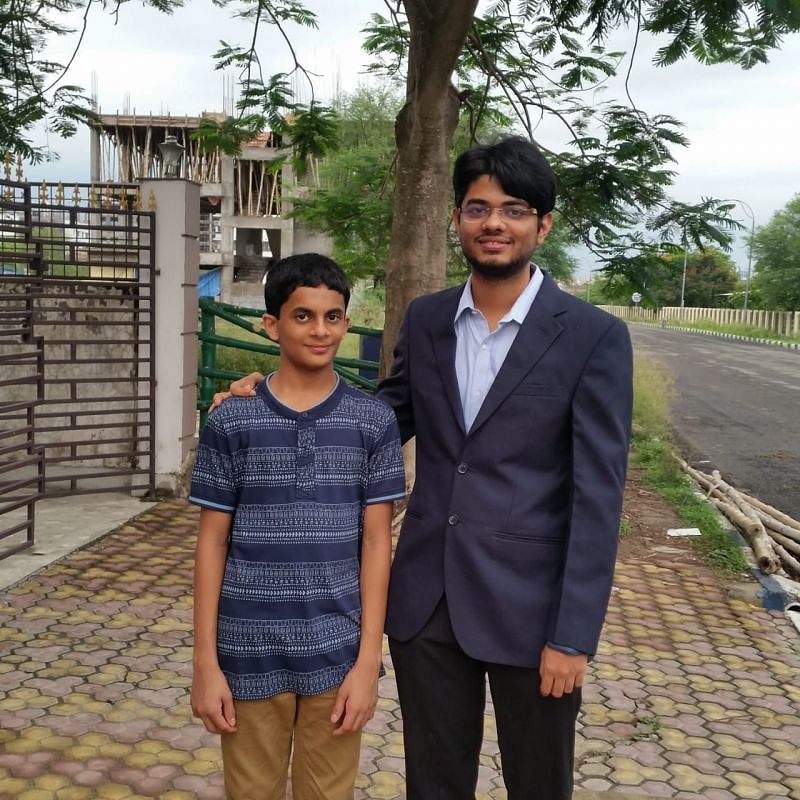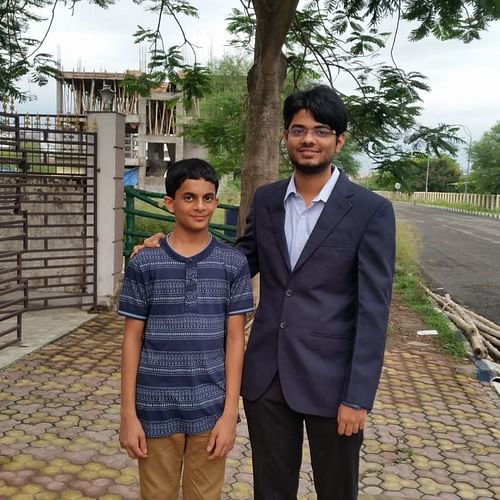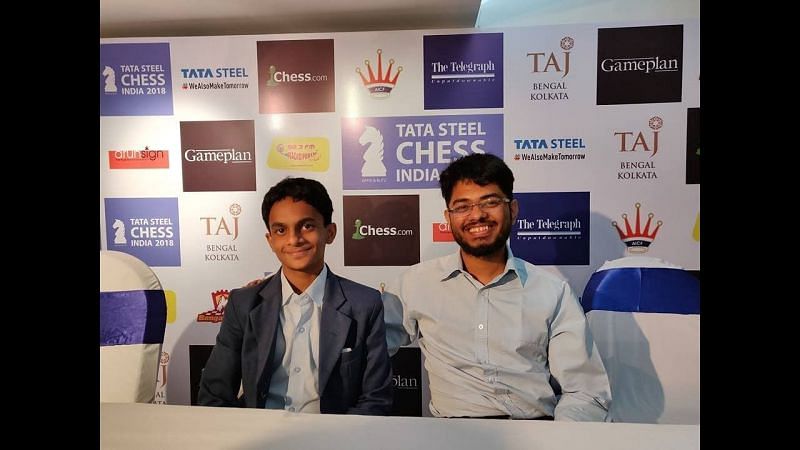
Wearing two hats: In Conversation with Grandmaster and trainer Srinath Narayanan

Srinath Narayanan is an Indian Grandmaster who now has his eyes set on other adventures in the chess world. One of these is training and working with prodigious Indian talent Nihal Sarin. Let's take a look at how this partnership works and where he's heading for in his own chess career.
1.Can you please speak about your journey as a coach after being awarded the Grandmaster title in chess?
I started coaching sometime around the beginning of 2015. It hasn't been too different since I became a Grandmaster except that it has become a lot more focused, recently on Nihal.
2. How did you go about meeting the prodigy Nihal Sarin? When did you actually recognize his talent and think about training him?
Nihal and I came in touch through a mutual friend -- Priyadarshan Banjan -- who also manages him at present. Nihal attracted attention when he won the World Under-10 in 2014 and became known as 'the boy who never sits'. He stayed in the news with a promising performance at the National Challengers in 2015. I played against him for the first time in January 2016, and we had a training session shortly after.
3. How do your training sessions work with him? Are you working with him full-time or do you still compete in your own professional tournaments?
We used to have a session about once in three months on average. In recent times, it has been more frequent -- almost every month. I do work for him full time, although I will get more time to play some tournaments of my own in the future.
4. What can you say about Nihal’s performances? He played in strong events like the Tata Steel in Kolkata, the World Rapid and Blitz tournaments, and the World Cup. How did you prepare?
As far as preparation is concerned, we went through the usual process. We went over the possible openings and positions that could happen, going over them and analyzing them together. Besides, we played a lot of training games.
5. How does your daily routine look like? What are your key ideas on improving as a chess player?
My daily routine varies quite a bit depending on where I am living, what am I working on, etc. It's difficult to generalise chess improvement like that. It's a very individual thing. However, the usual rules of improvement in any field applies to chess as well. The usual loop is conscious practice, feedback, conscious practice.
6. What are your own personal goals for the near future?
As I don't play much anymore, I am not too ambitious in that direction. However, I would like to be able to learn a lot more about chess in general, about what I think I know very little.
7. Can you talk about the rise of Indian junior level chess?
The levels, in terms of depth of talent, is arguably amongst the best it has ever been, anywhere and anytime. However, the higher one goes, the harder it gets to progress further. India is placed fourth right now in terms of average ratings, behind Russia, China and the USA. The current crop of juniors can help us compete for the No 1 spot, but I think that's still a generation away.
